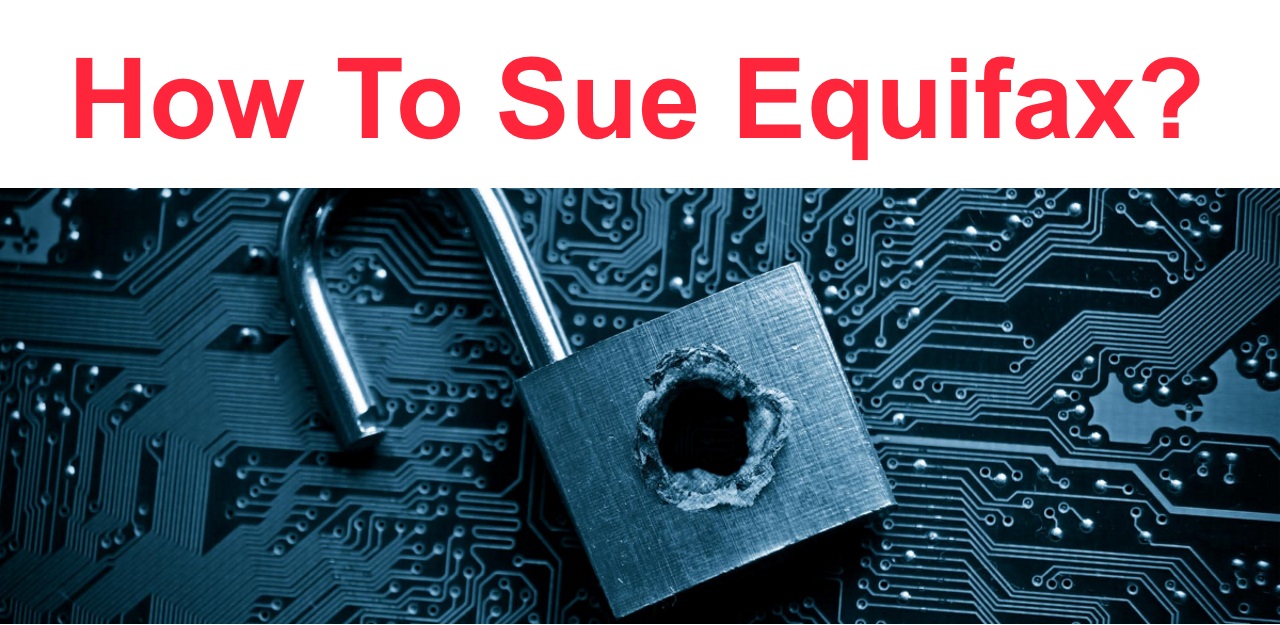Former Equifax executive charged with illegally trading before massive data breach was made public
By Renae Merle
The following is an article I found on the Wall Street Journal regarding the Equifax Credit Breach.
Federal prosecutors on Wednesday charged a former Equifax executive with insider trading, alleging that he profited from confidential information about the massive breach at the company that compromised sensitive data of 148 million people.
Jun Ying, former chief information officer of a U.S. business unit of Equifax, faces civil and criminal charges from the Securities and Exchange Commission and U.S. Attorney’s Office for the Northern District of Georgia.
”Ying used confidential information to conclude that his company had suffered a massive data breach, and he dumped his stock before the news went public,” Richard R. Best, Director of the SEC’s Atlanta Regional Office, said in a statement.
Equifax disclosed last year that hackers had obtained sensitive information, including Social Security numbers and dates of birth, for more than 143 million people. The breach began in May and was discovered by the company July 29.
According to the complaint, Equifax began assembling teams, “Project Sierra” and “Project Sparta” to respond to the breach. At the time, Ying, 42, had worked at Equifax since 2013 and was a leading candidate to become its global chief information officer. But he was not initially part of either team responding to the breach.
Then in late August, according to the complaint, Ying began to realize the company had been victim of a major theft. After a call with a high-ranking executive, Ying texted to a colleague: “Sounds bad. We may be the one breached. … Starting to put 2 and 2 together.”
A few days later, Ying searched online to determine how a major cyberbreach had affected the stock price of one of Equifax’s competitors, Experian. Within an hour of discovering how Experian’s stock price had suffered after a much smaller hack, Ying exercised all of his vested Equifax stock options, according to the complaints. He then sold those shares for nearly $1 million.
The next day, according to the indictment, Ying texted a friend: “I think some big media announcement is coming about us. … I think it might be bad.” Nine days later Equifax publicly announced that it had been breached, sending its stock price plummeting. If Ying had waited until news of the breach was made public, he would have suffered losses of $117,000, according to the SEC complaint.

